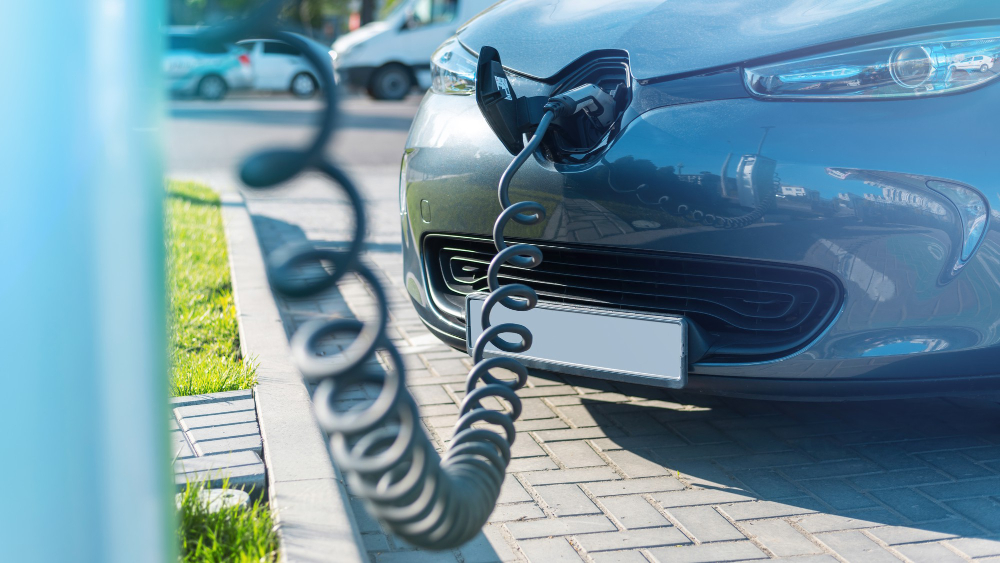How Do Electric Cars Work? A Comprehensive Guide

Electric vehicles have completely transformed the automotive sector, providing a sustainable and environmentally friendly option in contrast to conventional gasoline-fueled automobiles. Characterized by their streamlined designs and cutting-edge technologies, electric cars have garnered substantial appeal among consumers who prioritize environmental conservation. Within this all-encompassing guide, we will delve into the internal mechanisms of electric cars, delving into the technology that underpins their functioning while highlighting their numerous benefits.
Introduction to Electric Cars
Electric cars, alternatively referred to as electric vehicles (EVs), are vehicles propelled by one or more electric motors, drawing energy from rechargeable batteries. In contrast to conventional vehicles with internal combustion engines dependent on gasoline, electric cars utilize the potency of electricity to initiate movement.
Motors in Electric Cars: Powering the Future
At the heart of an electric car is its electric motor. These motors are designed to convert electrical energy into mechanical energy, propelling the vehicle forward. Electric motors offer instant torque, providing quick acceleration and a smooth driving experience. One notable advantage of electric motors is their efficiency; they can convert a significantly higher percentage of the energy from the power source to the wheels compared to internal combustion engines.
Battery Systems: Energy Storage and Efficiency
The batteries used in electric vehicles are a crucial component that determines their performance and range. These high-capacity batteries store electrical energy, which is then used to power the electric motor. Lithium-ion batteries are the most common type used in cars due to their high energy density and rechargeable nature. Advances in battery technology continue to extend the driving range of electric cars while reducing charging times.
Charging Infrastructure: Fuelling the Change
The availability of charging infrastructure is a pivotal factor in the widespread adoption of electric cars. Charging options range from home charging stations to public charging networks. Level 1 charging provides standard household voltage and is ideal for overnight charging, while Level 2 charging stations offer faster charging times. Rapid DC chargers are essential for long journeys, providing an 80% charge in a remarkably short time.
Regenerative Braking: Maximizing Efficiency
Electric cars employ regenerative braking systems that convert kinetic energy back into electrical energy during deceleration. This innovative technology not only enhances efficiency but also extends the overall battery life. As the driver releases the accelerator or applies the brake, the electric motor operates in reverse, acting as a generator to recharge the battery.
Electric vs. Internal Combustion Engines: A Comparison
Electric cars boast numerous benefits in comparison to conventional internal combustion engine vehicles. They generate no tailpipe emissions, leading to a substantial decrease in both air pollution and the release of greenhouse gases. Furthermore, electric vehicles operate more quietly and demand less upkeep, primarily due to the lack of intricate elements such as transmission systems and exhaust systems.
Environmental Benefits: Reducing Carbon Footprint
One of the primary motivations for transitioning to electric cars is their positive impact on the environment. By reducing the reliance on fossil fuels, electric vehicles play a pivotal role in curbing carbon emissions. This shift towards cleaner transportation contributes to a greener and more sustainable future.
Challenges and Future Prospects of Electric Cars
While electric car hold immense promise, there are still challenges to overcome. The limited availability of charging infrastructure in certain areas can be a deterrent for potential buyers. Additionally, the initial cost of electric cvehicless, largely attributed to battery expenses, remains relatively higher than conventional vehicles. However, as technology advances and production scales up, it's expected that these challenges will gradually diminish.
Conclusion
In conclusion, electric cars represent a significant advancement in the automotive industry, combining cutting-edge technology with environmental consciousness. From their electric motors and battery systems to their regenerative braking and charging infrastructure, every aspect of electric vehicles contributes to a more sustainable future. As the world shifts towards cleaner transportation options, electric vehicles are poised to play a pivotal role in shaping the future of mobility.





Leave a Reply